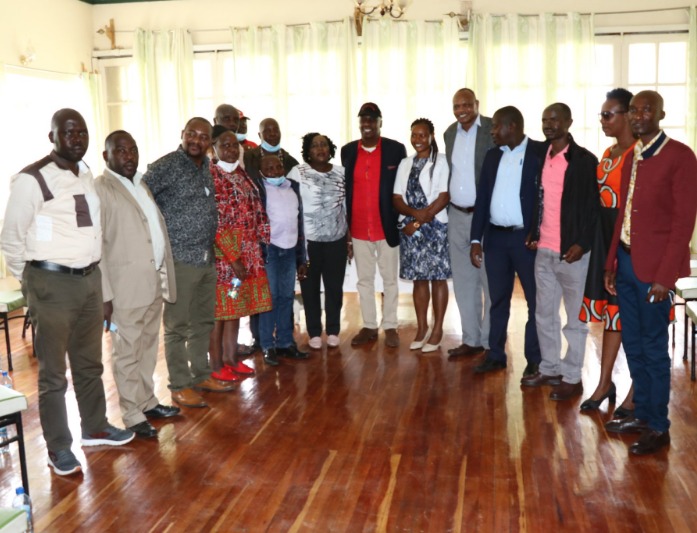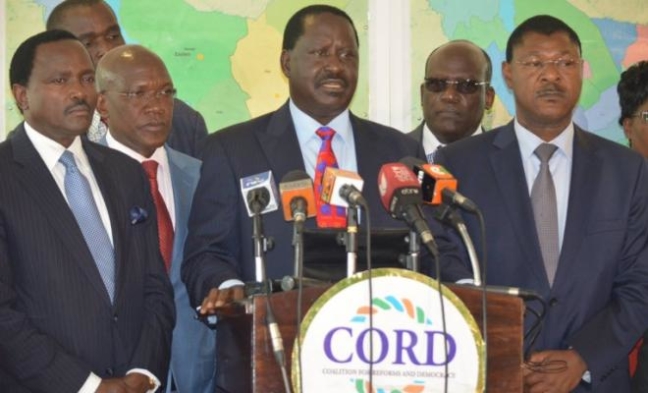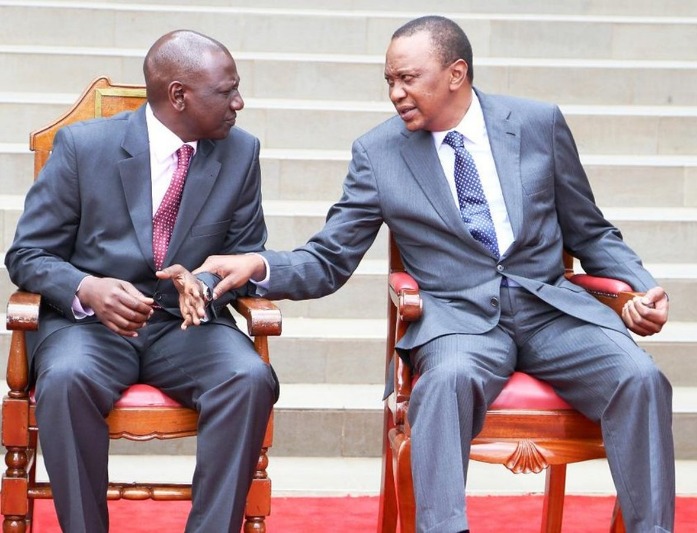Famous Nigerian prophet Primate Ayodele has warned President William Ruto that Kenyans will turn against him because of his actions.
Ayodele, who said Ruto would be Kenya’s 5th president months before the August 9 2022, General Election, says the head of state is treading on the dangerous ground following his decision to remove the fuel subsidy that caused a sharp increase in the cost of living as the prices of commodities shot up.
In a statement signed by his media aid Osho Oluwatoshi, the prophet said it was not the best time to remove the subsidy because it will force common mwananchi to dig deeper into their pockets.
“Kenya’s president William Ruto has inherited debt and there is no magic he can do that can cancel the debt immediately.
He has to take things easy so he won’t shoot himself and make some pronouncements that will make people go against him,” Ayodele said.
On September 14, 2022, the Energy and Petroleum Regulatory Authority (EPRA) announced new fuel prices for the period between September 15 and October 14, 2022.
In the changes, the price of a liter of super petrol, diesel, and kerosene increased by Ksh20.18, Ksh25.00 and Ksh20.00 respectively.
The government scrapped fuel subsidy for petrol, while partially retaining it for diesel (Ksh20.82) and kerosene (Ksh26.25).
The move by EPRA followed a decision by President Ruto to stop subsidizing fuel.
In his inaugural speech on September 13, 2022, the president announced that his administration would do away with the fuel subsidy program, that has kept fuel prices at manageable levels.
Ruto revealed that Uhuru Kenyatta’s government had used at least Ksh144 billion in the last financial year, and Ksh60 billion being in the last four months.
“If the subsidy continues to the end of the financial year, it will cost the taxpayer Ksh280 billion, equivalent to the entire national government development budget.
Additionally, there was an attempt to subsidize Unga in the run-up to the election, a program that gobbled up Ksh 7 billion in one month, with no impact.
In addition to being very costly, consumption subsidy interventions are prone to abuse, they distort markets and create uncertainty, including artificial shortages of the very products being subsidized,” Ruto said.




